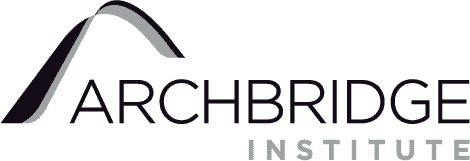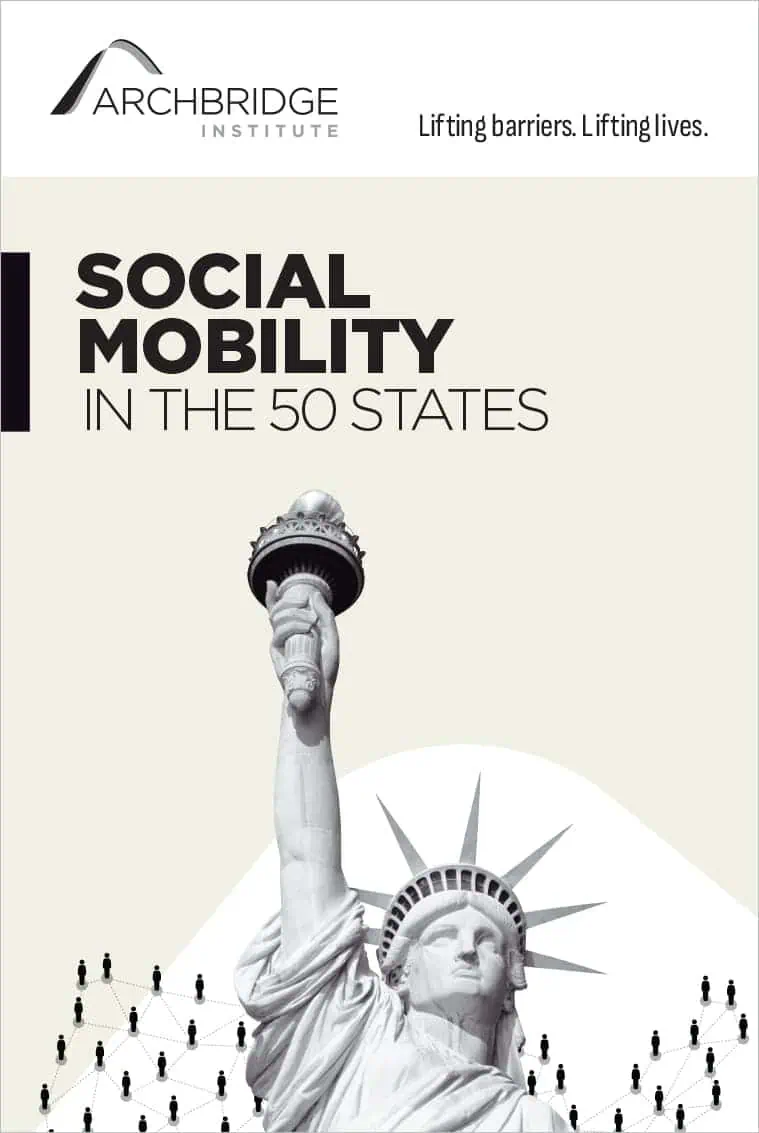
Why Does Occupational Licensing Matter in the Yellowhammer state?
As 2020, a year that most of us would likely sooner forget, fades into the rearview mirror, the labor market nationally continues to rebound from the significant downturn resulting from COVID-19 and the associated state policies meant to reduce the spread of the disease. According to the Bureau of Labor Statistics, in December 2020 the unemployment rate in Alabama was 3.9 percent—better than the national average (6.7 percent). Despite the difficulties of dealing with COVID-19, most Alabamans are able to benefit from this robust job market. However, some of the most vulnerable citizens of the state are blocked from receiving an invitation to the party because of onerous occupational licensing laws.
Occupational licensing laws require aspiring workers to obtain a government permission slip to work. To obtain this permission slip, individuals must pass exams, pay fees to the government, complete minimum levels of education and training, and meet a variety of other entry requirements. By making it harder for individuals to work, individuals may have a harder time obtaining employment or be discouraged from participating in the job market altogether.
Occupational licensing has grown from affecting about 1 in 20 workers in the 1950s to more than 1 in 5 (21.5 percent) in 2019. Licensing results in wasted or misallocated resources and creates unnecessary barriers to employment and economic prosperity. A recent study estimates that more than 18% of workers in Alabama are licensed and that licensing costs the state nearly 21,000 jobs and $56 million per year.
Proponents of occupational licensing claim that licensing improves the quality of service delivered to consumers or protects public safety. Unfortunately, evidence does not support this claim. A comprehensive report performed by the Obama White House found little evidence that licensing enhances quality. In fact, recent evidence using Yelp reviews suggests that licensing may reduce the quality of services delivered to consumers. In an online platform for consumers seeking residential home improvement and maintenance services, consumers seemed more interested in the prices and ratings of professionals than their licensing status.
Licensing Makes the American Dream Become a Nightmare
In recently published research by the Archbridge Institute, we document how occupational licensing may be ending the dreams of citizens in Alabama of entering a new career and climbing the economic ladder. Between 1993 and 2012, Alabama added licensing requirements for 36 low- and moderate-income occupations—5 more than the national average of 31. Relative to this average, we estimate that growth in occupational licensing in Alabama is associated with a 4 percent reduction in economic mobility and a 9.4 percent increase in income inequality. Growth in occupational licensing is associated with fewer opportunities for workers to earn more than their parents and a widening of the gap between the rich and poor. Occupational licensing limits opportunities for employment and prevents hard working Alabama residents from achieving the American Dream.
COVID-19 and our response have caused economic disruption, forcing businesses to close and millions to become unemployed. Although we have seen some recovery, the number of people currently unemployed remains elevated. Given the state of our economy, policymakers should consider relaxing or removing any unnecessary regulations—licensing included. The significant growth in occupational licensing occurring over this 20-year period has no doubt created a stumbling block for entrepreneurs. Licensing was added for professions like athletic trainers, manicurists, and massage therapists. In the imminent economic recovery after COVID-19 subsides, occupational licensing laws will make it more difficult for aspiring entrepreneurs, and may discourage them from entering these trades and opening new small businesses. The unemployment rate does not tell the full story of workers that find themselves discouraged and desperate and drop out of the labor force or potential businesses that fail to open.
MOVING FORWARD: ROLLING REVIEWS, UNIVERSAL RECOGNITION, AND REDUCING THE BURDEN OF OCCUPATIONAL LICENSING
In 2017, neighboring Mississippi emerged as a national leader on occupational licensing reform after passing a sunrise review for new licensing legislation. This was expanded in 2020, giving the review committee greater authority to review existing licensing—a sunset review. The state of Nebraska moved forward with comprehensive reform two years ago with passage of the Occupational Board Reform Act. The law subjects 20% of occupational regulations to annual review and sets forth guidelines to determine if occupational licensing is the appropriate form of regulation. Ohio passed a similar law last year and several states are considering a similar law this year.
This review is designed to ensure that licensing restrictions that are no longer necessary are removed and overly burdensome restrictions are reduced to the appropriate level once the effects of the regulations can be measured. Under a rolling review, a portion of the bodies that oversee the licensure of an occupation must conduct a review to justify the existing regulations. The bodies that oversee licensing must release an annual report recommending eliminating, modifying, or maintaining licensing restrictions. The legislation contains language encouraging the least restrictive form of regulation that would help maintain consumer safety. The less restrictive alternatives to licensing include government certification, registration, bonding, private certification, and market competition.
Both consumers and professionals stand to benefit from this legislation. Reducing licensing requirements for occupations that pose a lower safety risk will increase competition, helping to increase the number of professionals to choose from and helping to lower prices. The legislation still maintains protection against potential harm to the consumer, but does so by targeting regulation to the specific safety or quality issue. Meanwhile, professionals will benefit from the reduced barriers to entry for occupations that are now rarely licensed outside of Alabama. By matching the regulation to the risk posed by the industry, new entrants are saved from needless or irrelevant training which makes it more difficult to enter new fields or to move from other states.
Another possible reform is universal recognition of out of state licenses. Arizona, Iowa, and Missouri have implemented this type of reform. The Mississippi House passed similar legislation in February. The purpose of universal recognition laws is to reduce the barriers to geographic mobility caused by state level licensing laws. States typically do not recognize the license granted by another state, even when the requirements are the same or greater. Under universal recognition, licensed professionals moving between states will be able to practice, without going through the licensing process again. In effect, occupational licenses would act similar to drivers’ licenses, being granted by one state, but still legal to use in others. Professionals still must demonstrate their skills and ability, but once they do, we allow them to practice wherever they move. In 2018, Alabama lawmakers took a step in this direction by allowing this kind of licensing recognition for military families but has not yet made such recognition universal.
Professionals and consumers both benefit from this legislation. It gives professionals the flexibility to relocate to a new state, encouraging interstate mobility. Workers can move to Alabama and begin practicing immediately, rather than wasting time and money retraining, reeducating, and retesting.
By accepting professionals that are already licensed and in good standing, proponents of licensing can still use the credential to discern of the quality of the professional. Additionally, increasing the number of professionals will increase competition, helping to lower the prices that consumers pay for their services and increasing the convenience of service.
For too long, occupational licensing has been restricting opportunities for people in Alabama. Common sense reform should be implemented to improve the lives of the citizens of Alabama and help restore the American Dream of prosperity.
The Archbridge Institute would like to thank the Institute for Justice for their work in crafting the model occupational licensing reform policies and allowing their publication here.





